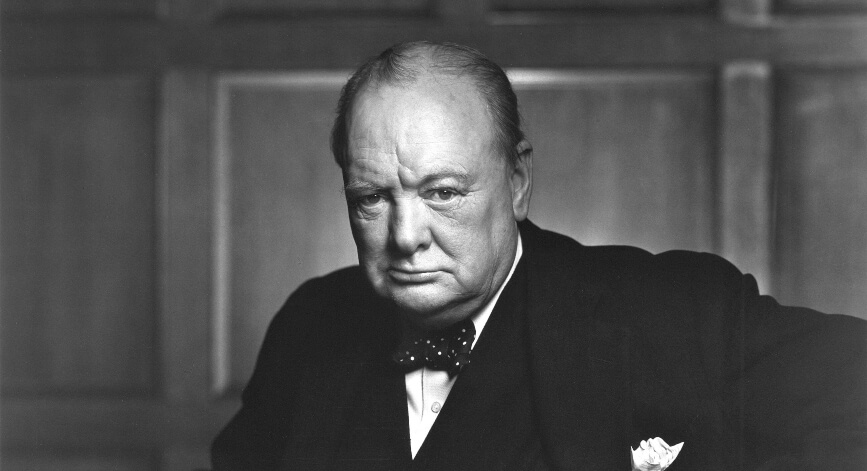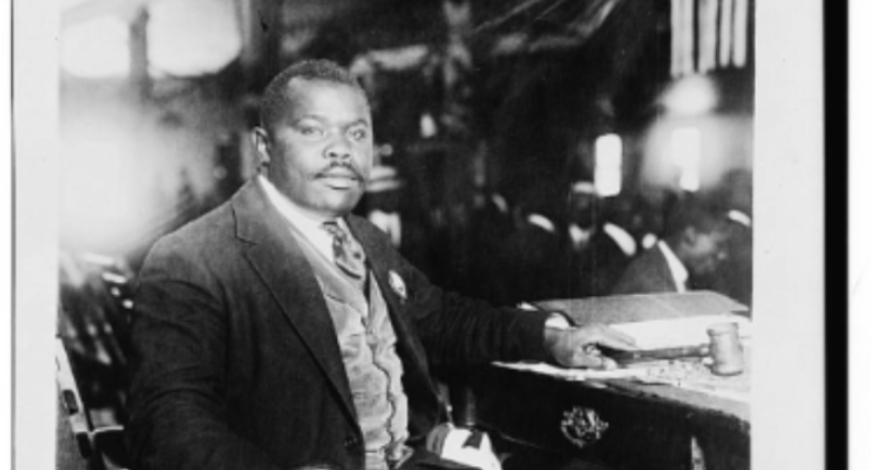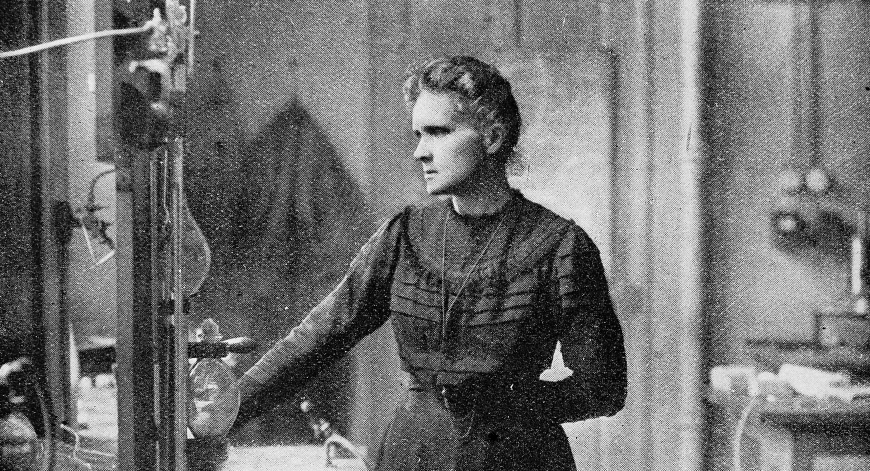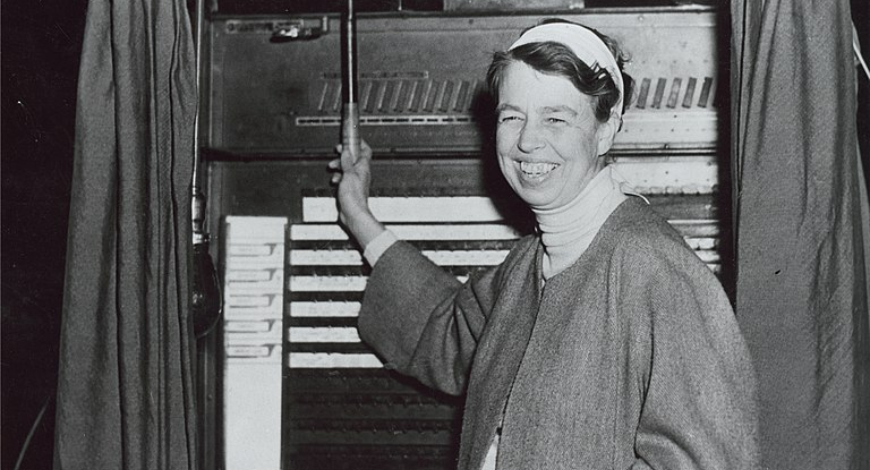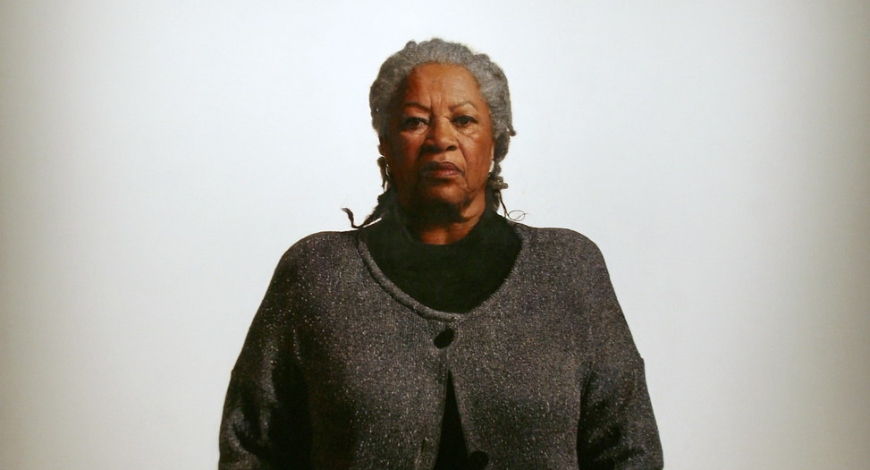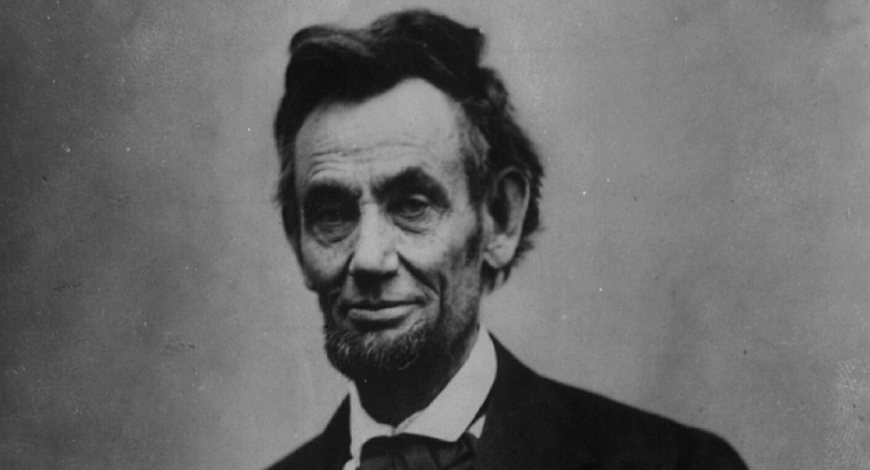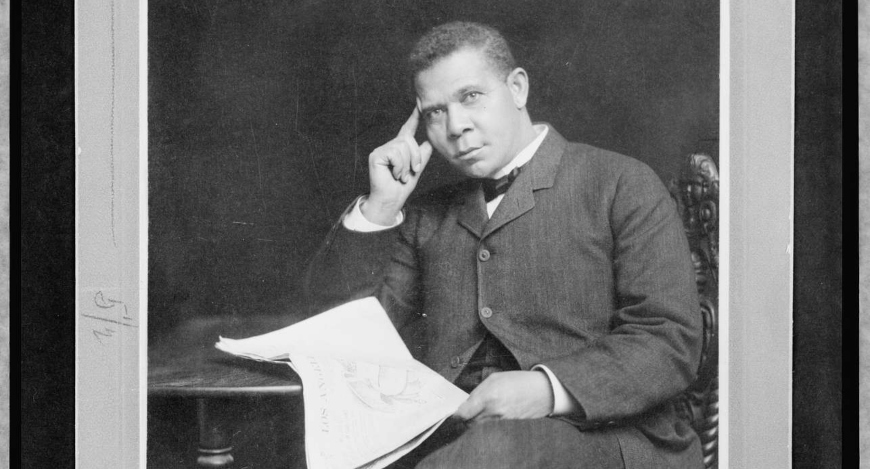Student success is mostly talked about in terms of achieving certain ends like getting a job, acing a test or winning a championship. Failure is seen as the opposite of success and something to avoid at all costs. But perhaps failure is the necessary fuel behind our success for without it, we could never achieve greatness in anything. The relationship between success and failure is a complicated one that students must sort out on their own.
We constantly compare ourselves to others, often concluding that they have it much better than we do. We spend much of life idolizing people and, in the process, give them power over us. Yet, what’s lost here is the stark truth that other people have just as many insecurities and problems as we do and that, because of this, we could focus on the power we have to be the best versions of ourselves.
There’s no denying that confidence plays a role in success. What’s harder to determine is just what kind of role. Some say that a confident mindset going into a task is the most important ingredient for success. Others say the only way to be confident is to actually achieve something first. Students must determine for themselves how to gain confidence in a way that supports their happiness and positive sense of self-worth.
Children are taught from a young age that when they want something they should wait their turn until they are granted permission. Waiting cultivates patience. It shows good manners. This attitude works in some settings but when it comes to gaining respect from others, the whole idea of waiting becomes burdensome and futile, especially when other people treat you poorly. Sometimes, children should be taught to advocate for themselves to get people’s attention about injustice. Figuring out when to do this in the right way is a life-long moral challenge.
The old adage “Just be yourself” looks good on paper but gets pretty scary in the real world when we must rely on our own instincts to make decisions. Dangers abound. What if we make a mistake and hurt somebody? These fears– fueled by lack of confidence– cause us to look to other people to do the thinking and acting for us. Our role models inspire us to be better, but sometimes they become convenient ways to escape the responsibility we have to be the best versions of ourselves.
When students are told they can change the world, many don’t believe it. They think that making the world a better place is a task for the people who are in power, not the average person. But doing small things can make a big difference. What a person does in the classroom, at his/her school or in the community can provide the soil for real change. But it’s hard work and it requires patience and hope and faith in the future, and those virtues are really hard to cultivate.
So many of our students feel pressure to be the perfect athlete, student or friend. This feeling is accompanied by a pervasive fear of failure and the possibility that they might let others down. When they fall short of perfection, students have important decisions to make about whether to keep pursuing it or be okay with something less. The decisions they make shape their sense of self-worth and draw the contours of their future relationships.
All students know at some level what it feels like to be humiliated. When this happens, the person who is hurt has a decision to make– he/she can either buy into the criticism and be made to feel small and insignificant or he/she can resist feelings of inferiority and defeat the criticism through positive thinking. It takes tons of energy to build and maintain a strong self-esteem in the midst of criticism and humiliation but it’s energy well spent and leads to the development of a strong character.
Setting aside the 19th century gender-biased language and applying the wisdom to all students, Thoreau is saying something important about success and positive thinking. If students believe they can succeed, then they are halfway home. The power of positive thinking is undeniable. But failure is also crucial. Students must find a balance here between positive thinking and acceptance of their imperfections. Only then will they learn how to persevere.
Students of every age struggle with moral decisions about how to balance their own individual needs with the needs of others. Either way they decide, there is sacrifice. Focus on the individual and they must sacrifice others. Focus on others and they must sacrifice their own individual needs. Clear answers are hard to come by. What’s important is that students make a commitment to reflect deeply on ethical decisions before they make them and take responsibility for the decisions they make.
Students approach decision-making in very different ways. Some are very impulsive and see decision-making as something to rush into and are very comfortable making changes on the fly. Others take a cautious approach and carefully consider all options before deciding on a course of action. Each situation demands its own customized strategy and students must reason through the options to select the right one.
Happiness is something all students want. The challenge is always how to get it. Students often get mixed messages here; on the one hand, they are told to focus on themselves and figure out a path towards happiness that benefits them directly. On the other hand, they are told that happiness can only be achieved by helping others. The choices they make in the quest for happiness shape their characters in profound ways.

